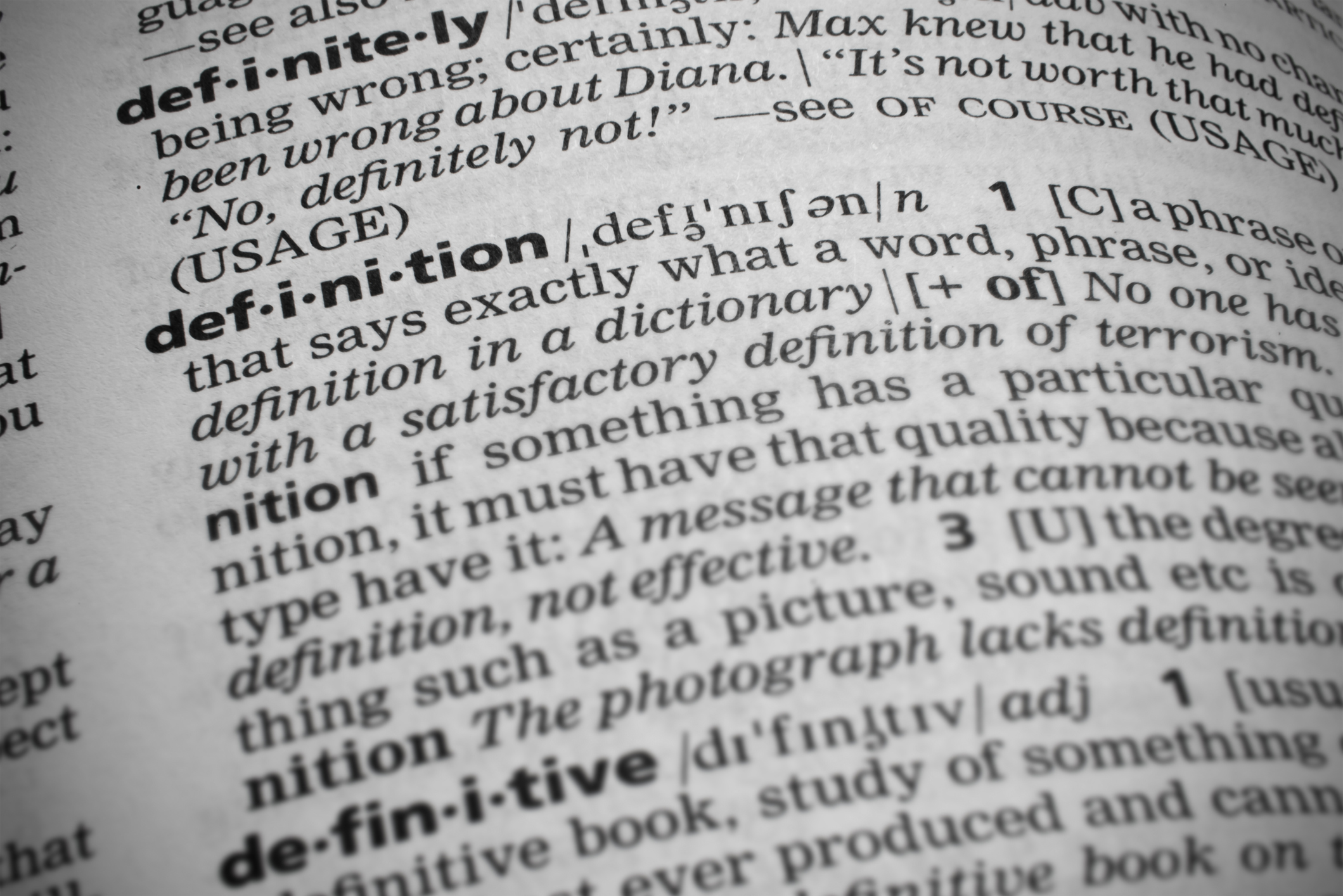
27 Apr What Exactly is an E&O Claim?
This may sound like a fundamental question, but quite honestly, there is a definite possibility that not everyone in your agency knows precisely what an E&O claim is. It is also quite possible that new staff may not truly understand this issue, especially if they have not benefited from someone explaining it to them.
Hasn’t everyone in your agency likely made a mistake in their insurance career? These mistakes can vary from not providing the coverage your client requested to providing your client with totally incorrect information on how a certain coverage would respond in the event of a claim.
So, is every mistake considered an E&O claim? The answer to that question is a definite no.
For a mistake to develop into an E&O claim, many use the analogy that the “planets must align.” For example, when the client asks for collision on their vehicle and you discover that you only provided comprehensive, that by itself would not be an E&O claim. You get the policy endorsed to include collision coverage. However, if the client suffers a collision loss and discovers there is no coverage because of the error you committed, this now has the potential to become an E&O claim. The bottom line is that your mistake resulted in the client now having an uninsured loss.
It is also possible that the client suffers an uninsured (or not fully insured) loss, yet the agency technically did not make a mistake. For example, using the same scenario as above, the client buys a car and advises you to put the same coverage on the new car as they had on the vehicle they sold. The client had comprehensive coverage (but not collision) on the car they sold. The client suffers a collision loss only to find out they did not have collision coverage. Is this your fault? The client could bring an action against the agency alleging an error (they will contend you should have read their mind that they wanted collision). There is a common expression in the E&O world – “you don’t have to do anything wrong to be sued.
Every E&O policy defines what a claim is, and while there are many similarities, not all claim definitions are the same. Typically, a claim is defined as:
“A written demand or written notice, including service of a subpoena, suit or demand for arbitration, received by one or more insureds which alleges a wrongful act or asks for money or services.”
Every staff member should know the exact claim definition that is in their E&O policy.
Since “you don’t have to do anything wrong to get sued,” the agency should avoid any admission of liability. Even if the agency technically made a mistake, it is still critical that the agency not admit guilt. If the agency were to do so, there are some potentially severe implications, especially involving language in your E&O policy. This language has the potential to result in the E&O carrier denying the claim and thus leaving your agency fully responsible for the E&O matter. E&O policies are based on the premise of legal liability. Just because the agency made a mistake and the client suffers a loss, it does not automatically make the agency legally liable. There are many defenses that the agency could raise to minimize or even eliminate any agency liability. Clients are also held to a standard of care, with one of the more prevalent involving the client’s duty to read their policy. If the client realized they did not have collision coverage yet did not contact the agency, this could change the direction of a potential E&O claim.
Staff should be educated on the exact definition of an E&O claim.


